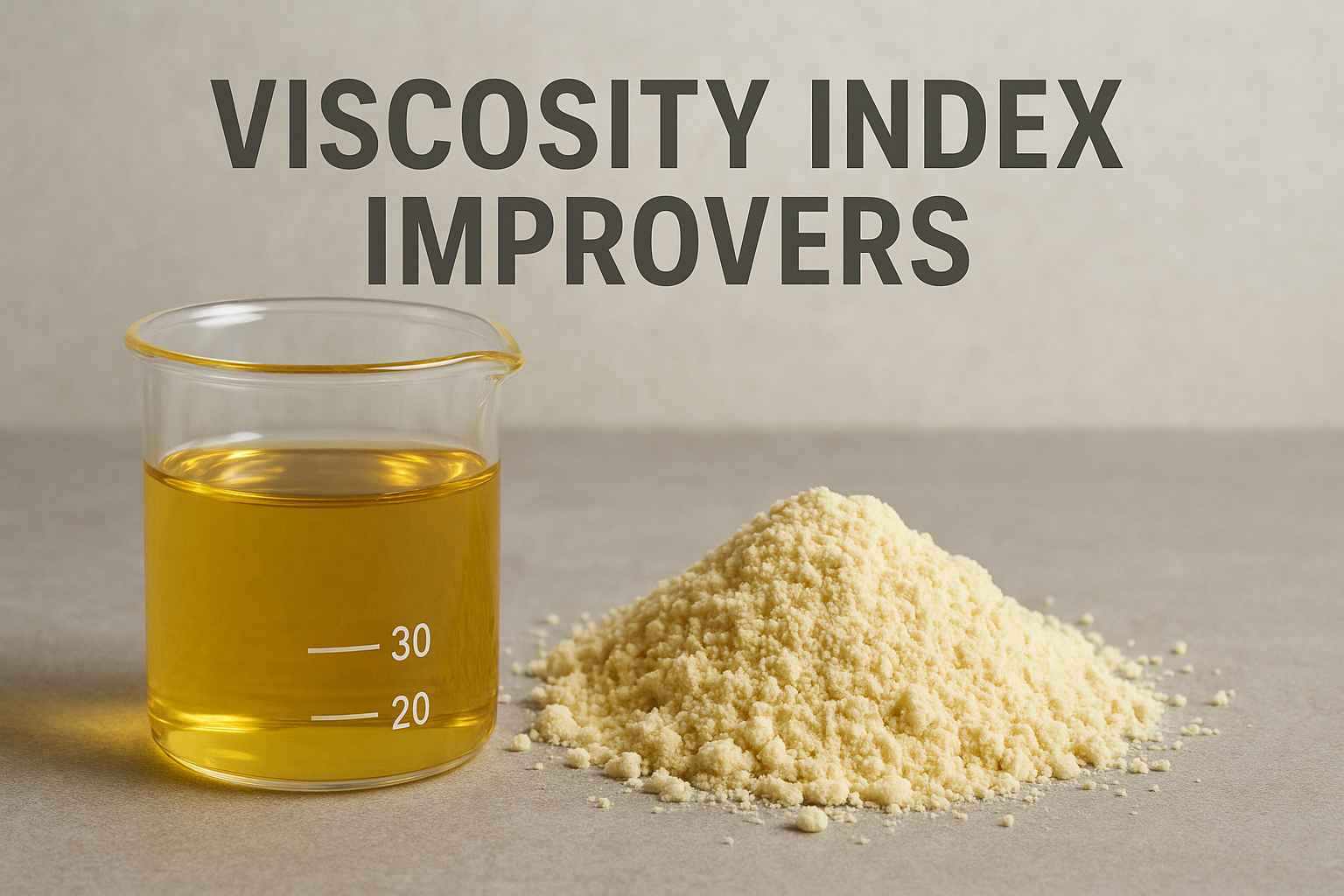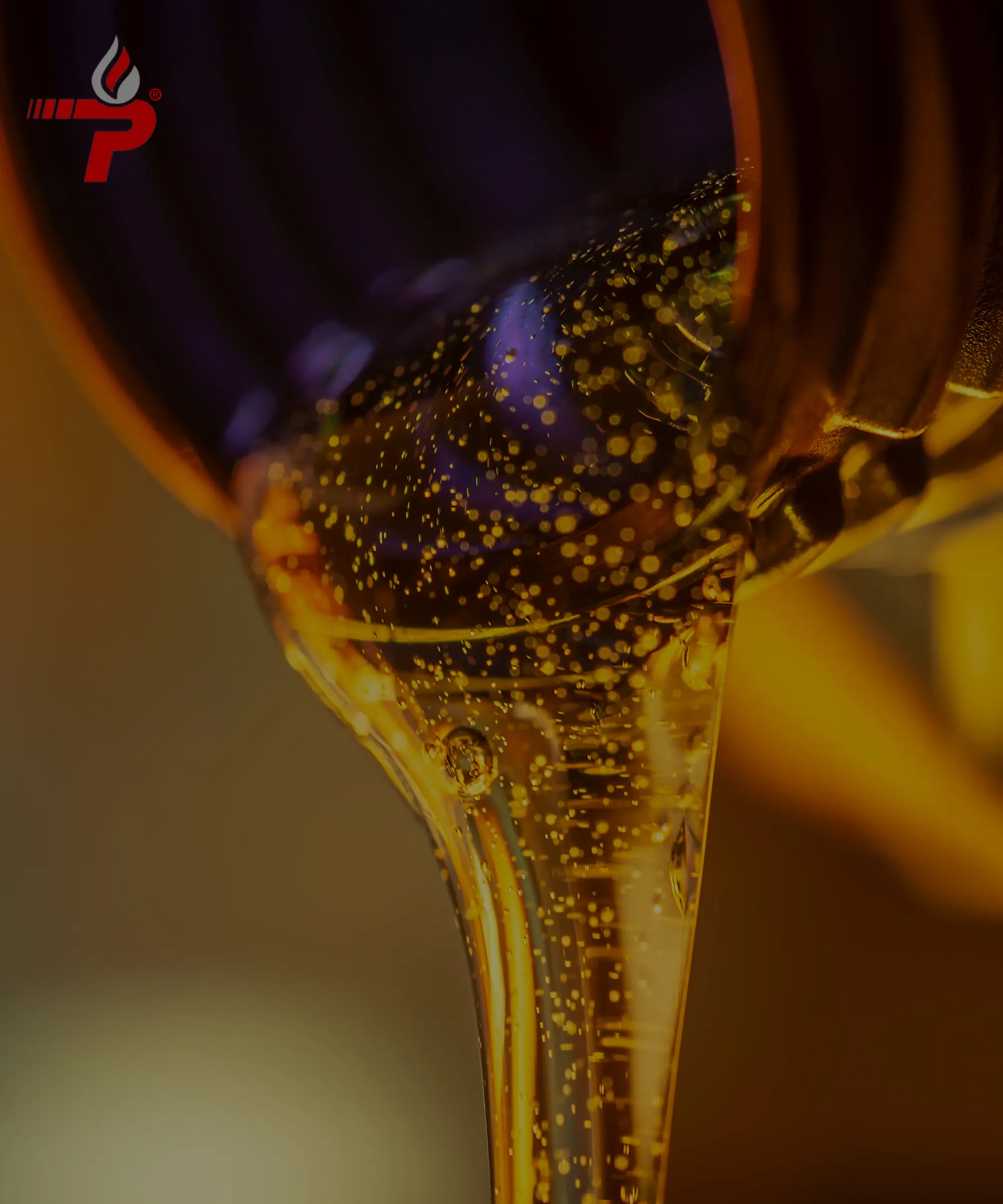
In the fast-evolving world of lubrication technology, performance is everything. Engines, gear systems, and industrial machinery all demand lubricants that can perform reliably under extreme conditions. One crucial component that makes this possible is viscosity index improvers. Without them, the modern lubricant industry would struggle to meet performance, efficiency, and durability demands.
But what exactly are viscosity index improvers, and why are they indispensable? Let’s break it down.
Understanding Viscosity Index Improvers
Viscosity is a lubricant’s resistance to flow—thicker at low temperatures and thinner at high temperatures. The viscosity index (VI) measures how much a lubricant’s viscosity changes with temperature. A higher VI means the lubricant maintains a more stable viscosity across varying temperatures.
Viscosity index improvers are polymer-based additives designed to enhance this stability. They allow lubricants to remain fluid in cold conditions and resist thinning in high heat. This property is vital for engines, transmissions, and industrial machinery operating in diverse climates and workloads.
Why Viscosity Index Improvers Are Crucial in Lubricants
The lubricant industry simply can’t function at today’s performance standards without these additives. Here’s why:
1. Temperature Stability
Machinery rarely operates in constant temperatures. From frigid mornings to high-heat production floors, lubricants must adapt. Viscosity index improvers ensure smooth performance across the spectrum, protecting components from wear.
2. Enhanced Equipment Protection
Stable viscosity means consistent lubrication. This minimizes metal-to-metal contact, reducing friction, heat generation, and premature wear. For high-value assets, this protection is non-negotiable.
3. Energy Efficiency
Lubricants that maintain optimal viscosity reduce drag and mechanical resistance. In engines and industrial equipment, this translates to lower energy consumption and better fuel economy.
4. Longer Service Life
By preventing rapid viscosity breakdown, these additives extend the lubricant’s lifespan. This means fewer oil changes, lower maintenance costs, and reduced downtime.
Where Viscosity Index Improvers Are Used
Viscosity index improvers are essential across multiple sectors:
Automotive oils—Engine oils, transmission fluids, and gear oils rely heavily on VI improvers to cope with start-up cold and high engine heat.
Industrial lubricants—Hydraulic fluids and compressor oils need stable viscosity for precise operation in heavy machinery.
Marine and aviation lubricants – High-performance fluids that must adapt to changing altitudes and environments depend on these additives.
How Viscosity Index Improvers Work
These additives are typically made from polymers such as poly(methyl methacrylate) (PMMA), olefin copolymers (OCP), or styrene-butadiene. At low temperatures, the polymer chains are compact, allowing the lubricant to flow easily. At high temperatures, the chains expand, increasing resistance to thinning.
This “smart” response to temperature changes ensures lubricants deliver consistent performance, regardless of conditions.
Benefits Beyond Temperature Control
While temperature stability is the main function, viscosity index improvers bring added value:
Reduced component wear—By maintaining a protective film, they prevent scoring and pitting.
Improved load-carrying capacity – Essential in heavy-duty and high-load applications.
Better operational efficiency—Smooth lubrication supports higher productivity and reliability.
The Future of Viscosity Index Improvers
With industries pushing for more efficient, environmentally friendly, and longer-lasting lubricants, the role of viscosity index improvers is only set to grow. Innovations in the polymer industry are producing additives with greater stability, reduced environmental impact, and higher performance.
Emerging trends include:
Bio-based polymers for eco-friendly formulations
Nano-enhanced VI improvers for superior shear resistance
Tailor-made additives designed for specific equipment needs
Final Thoughts: Why the Industry Can’t Do Without Them
Without viscosity index improvers, lubricants would struggle to provide consistent protection and efficiency. From automotive engines to industrial hydraulics, these additives are the unsung heroes ensuring machinery runs smoothly in every condition.
If you’re a manufacturer, maintenance professional, or industrial operator, choosing the right lubricant additives suppliers is critical. Partner with suppliers who offer high-quality viscosity index improvers backed by technical expertise and proven performance.





Write a comment ...